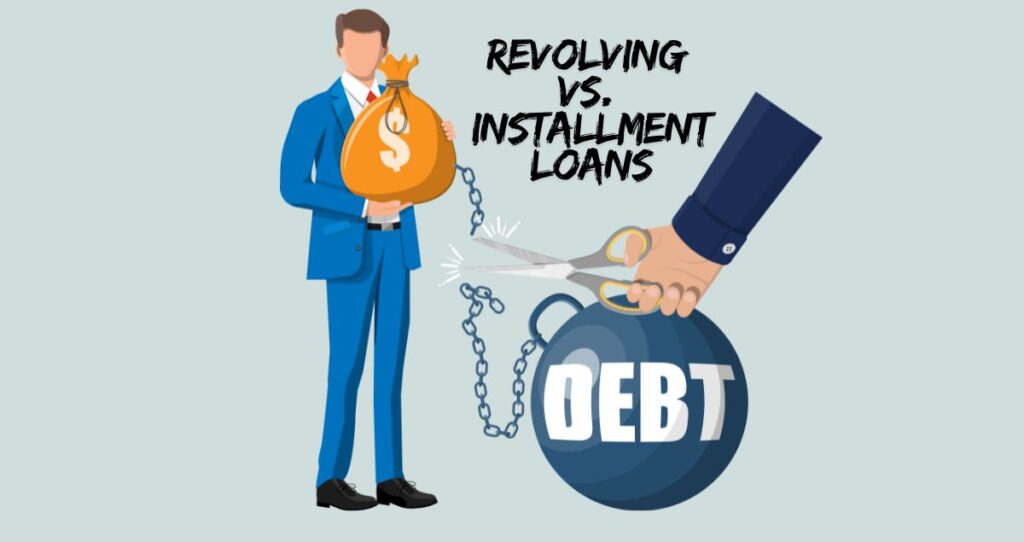Is it possible to remove late payments from your credit report? Having a late payment on your credit report will potentially lower your credit score(FICO score or VantageScore), hurt your credit, and affect your ability to qualify for more credit. Lenders avoid borrowers with late payments due to the increased risks they pose. Unfortunately, late payments can happen anytime to anyone. You cannot predict the future or change it. If you have a late payment, you can have it removed from your credit report when it was reported by error.
Key takeaways
- An inaccurate late payment can be removed from your credit report by disputing it to your lender and/or credit bureaus.
- An accurate late payment is hard to remove from your credit report. You can kindly ask your lender to delete late payments from your credit report by submitting a goodwill letter.
- One late payment will lower your credit score anywhere between 90 to 110 points
- Late payments stay on your report for 7 years
- A late payment hurt your credit more the longer you avoid paying it off
- Late payment’s effect on your credit score fades away over time
An inaccurate late payment can easily be removed from your credit report. If you think lenders submitted a late payment by error, dispute the late payment with major credit bureaus(Equifax, Experian, and TransUnion). You can also dispute the error with the lender that submitted your credit information to major credit reporting agencies. It is always a good idea to dispute late payments and other negative information with your lenders or creditors as soon as they happen.
Ways to remove late payments from your credit report
Did you find a late payment on your credit report? You can have it removed if it is inaccurate. The following are some of the steps you need to take in order to have late payments deleted from your credit report.
Keep in mind that the late payment must be inaccurate for this strategy to work.
- Get a copy of your credit report. Each major credit bureau will give you a free copy of your annual credit report once in 12 months. You can get a free copy of your credit report from:
- https://www.annualcreditreport.com/index.action online or by
- Calling: (877) 322-8228.
- Read your credit reports line by line. Make sure that all information in your reports is current and correct. If you see an inaccurate late payment in your credit report, move forward with your dispute strategy.
- Dispute late payments with your lender and underlying credit bureaus. Inaccurate late payments can be deleted from your credit report. Put together a dispute letter and include all evidence such as receipts and payment confirmations that support your claim.
It is important that you dispute the late payment on your credit report with your lender. Major credit reporting agencies rely on the information they receive from your creditors. For this reason, lenders usually submit correct information to credit bureaus. If someone made a mistake somewhere during the process, your lender will correct it and inform major bureaus.
What will happen after disputing an inaccurate late payment from a credit report?
After disputing a late payment from your credit report with your lender, the lender will have 30 days to investigate the situation. If the late payment was wrongly reported to major credit bureaus, your lender will correct your credit account information. In addition, the lender will provide new updates to all major bureaus that received that late payment. Your credit score might receive a boost after the late payment is deleted from your credit report.
Note: If the late payment is accurate, your dispute will not be validated.
How to remove an accurate late payment from a credit report?
One thing to keep in mind is that lenders will unlikely submit wrong late payments to major bureaus. That is why when there is a late payment on your credit report, the chances of removing it are minimal.
But, it does not hurt to try.
So, do not start the dispute process with high hopes that late payments will be removed from your credit report. Usually, late payments stay on your credit report for 7 years. If a late payment still shows on your credit report after 7 years, dispute it to major credit bureaus and your lender.
However, if it is a recent late payment, you will need to go directly to your lender.
An effective strategy you can use is to submit a goodwill letter.
In the letter, you will attempt to explain to your lender why you did to pay on time. For example, if you have a good financial history with your lender and recently experienced a financial setback; it might be reasonable to try this route. Your lender might be willing to look away and delete late payments from your credit reports.
It is also a good idea to have an incentive that accompanies your goodwill letter. For example, you can offer to pay all account balances together with interests and charges in exchange for a late payment removal. Your lender might not agree to delete the late payments from your credit report. However, you will lose nothing when you try.
How to avoid late payments on your credit report?
Having a late payment on your credit report will hurt your FICO score and affect your credit. As a consumer, you should worry more about not having late payments on your credit reports than relying on trying to have them removed.
I have put together a guide on how to avoid late payments on your credit report. Check it out if you want to manage your credit accounts appropriately and avoid the financial mistakes millions of people are making.
The first and most important step in managing your debts is to pay off all your due balances on time. No matter what it takes, pay off your debts on time. This way, you’ll never have to worry about removing late payments from your credit report.
If you just missed a payment, try to pay it off within 30 days from the balance due date. Lenders do report late payments to credit reporting agencies when they are not 30 days past the due date.
Does it help your credit to pay late payments that are already on the credit report?
Having a late payment on your credit report looks really bad. Keeping the late payment on your records for a long time hurts your credit and credit score even more.
The fact that a late payment was reported on your credit reports means that it was more than 30 days from the due date. If you avoid paying off a late payment, your delinquency will have way more negative effects on your credit.
At 90 days past the due date, some lenders will deny you some financial products. A late payment that is more than 90 days might become a charge-off and a collection company will come after you. Some people fail to meet their financial obligations and end up in foreclosures or bankruptcies in the worst-case scenario.
Not only that you will have late payments on your credit reports, but also, you could also end up with charge-offs, collections, or bankruptcies if you avoid paying off late payments.
How many points does a credit score drop from a late payment?
One late payment will from your credit score as much as 90 to 110 points from your credit score. In addition, late points are derogatory marks and they stay on your credit reports for 7 years.
The bottom line
Although some financial setbacks are inevitable, you should always avoid having late payments on your credit report. This is because late payments hurt your credit, lower your credit score, and make it difficult for your to qualify for more credit.
If there is an inaccurate late payment on our credit report, dispute it with your lender and credit bureaus. On the other hand, it will be difficult to remove late payments from your credit report that were accurately reported.
In order to keep your credit healthy, always make your payments on time and avoid borrowing more than you can afford to pay off.









